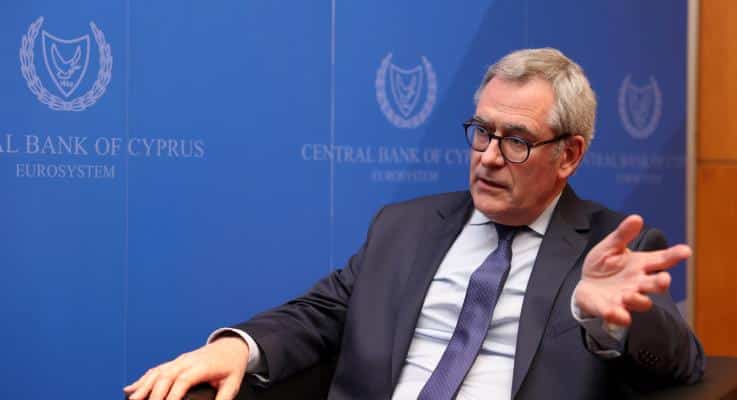In a recent statement to the Cyprus News Agency, Dominique Laboureix, Chair of the Single Resolution Board (SRB), has praised Cypriot banks for their strides towards meeting the Minimum Requirements for Own Funds and Eligible Liabilities (MREL) targets. The MREL is a crucial capital tool designed to bolster banks’ ability to absorb losses and facilitate restructuring without resorting to taxpayer funds.
The SRB, which sets MREL targets, has granted Bank of Cyprus and Hellenic Bank an extended transitional period until 2024 and 2025, respectively. Laboureix expressed confidence that Cypriot banks are on a good path and will achieve their goals on time, possibly even before the deadline.
Laboureix emphasized the shift from liquidation to resolution, which seeks to build bank resilience through capital instruments rather than burdening taxpayers or certain creditors with the fallout of a bank’s collapse. This approach reflects lessons learned from past financial crises, including the situation in Cyprus a decade ago.
Despite the progress made since the SRB’s inception in 2015, Laboureix cautioned that the journey is not over, citing evolving risks such as the Covid-19 pandemic, geopolitical tensions, and challenges from digitization. He highlighted that European banks now have improved loss-absorbing capacity and that the SRB oversees a robust Single Resolution Fund of €78 billion.
The SRB’s strategy focuses on addressing new risks and ensuring the council can swiftly exercise its powers during crises by obtaining necessary data from banks. Laboureix also touched upon the narrative of “too big to fail,” suggesting that under normal conditions, alternative solutions are available thanks to the tools at the SRB’s disposal. He noted that these tools could be further refined following the European Commission’s proposal to strengthen the EU framework for bank crisis management and deposit insurance.
The commitment of Cypriot banks to meet MREL goals underscores a broader effort within the European banking sector to enhance financial stability and prevent future crises from impacting taxpayers.






